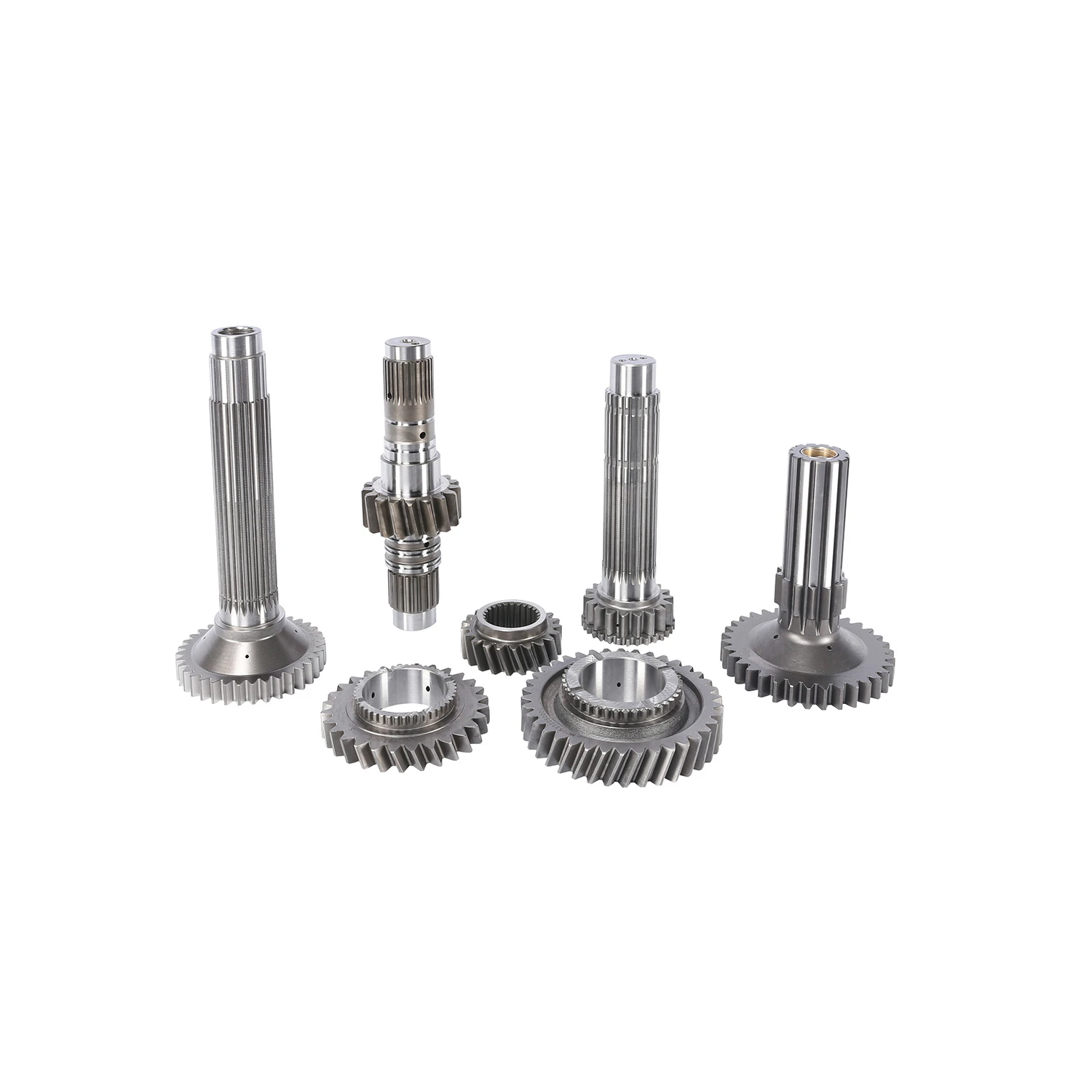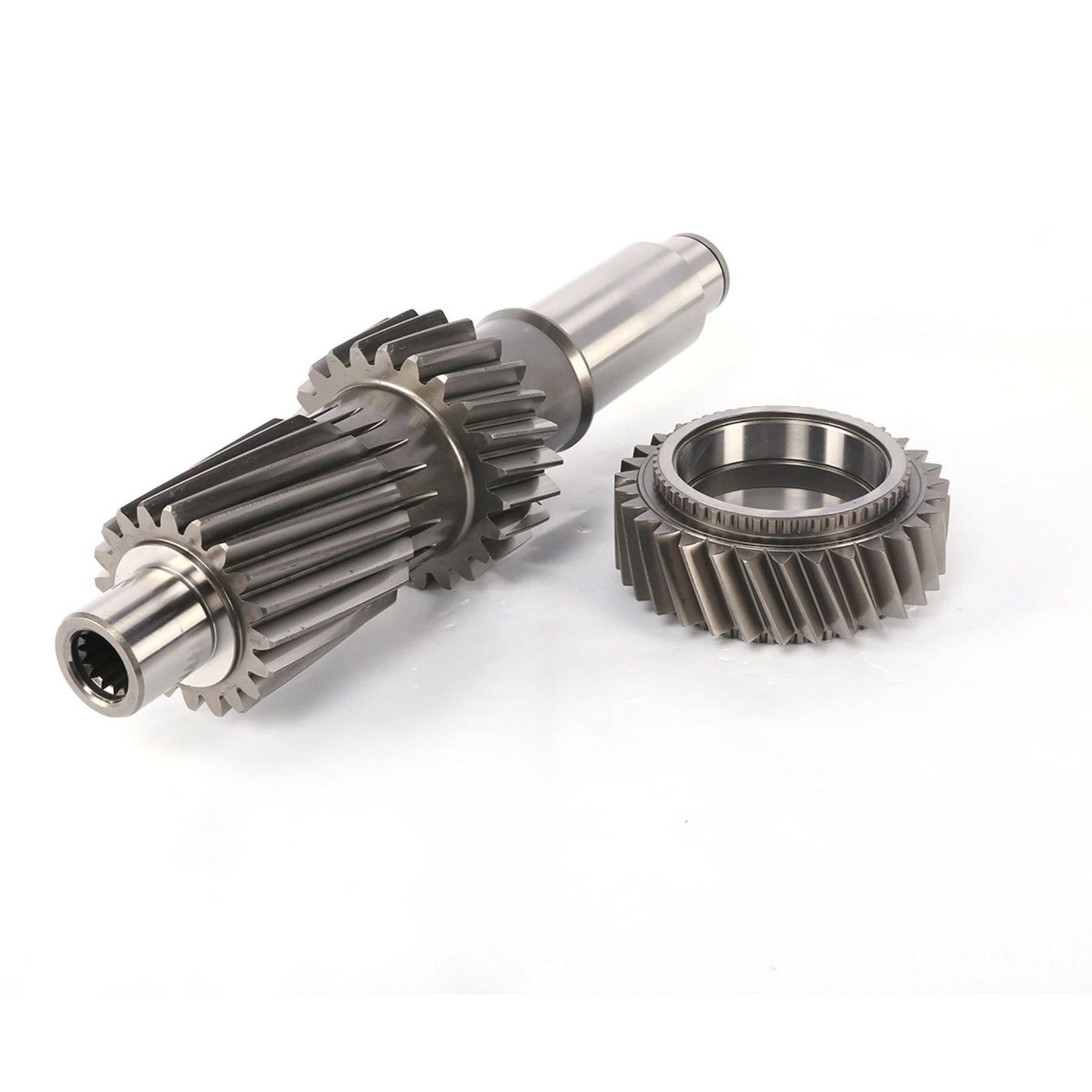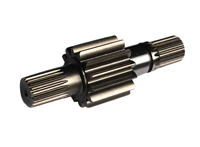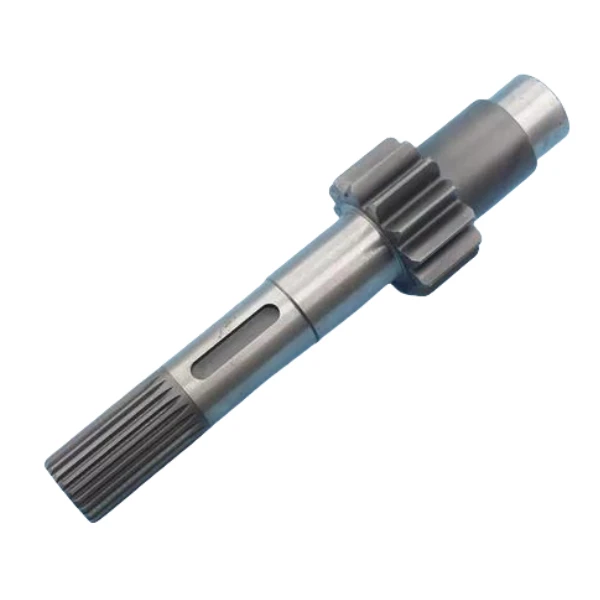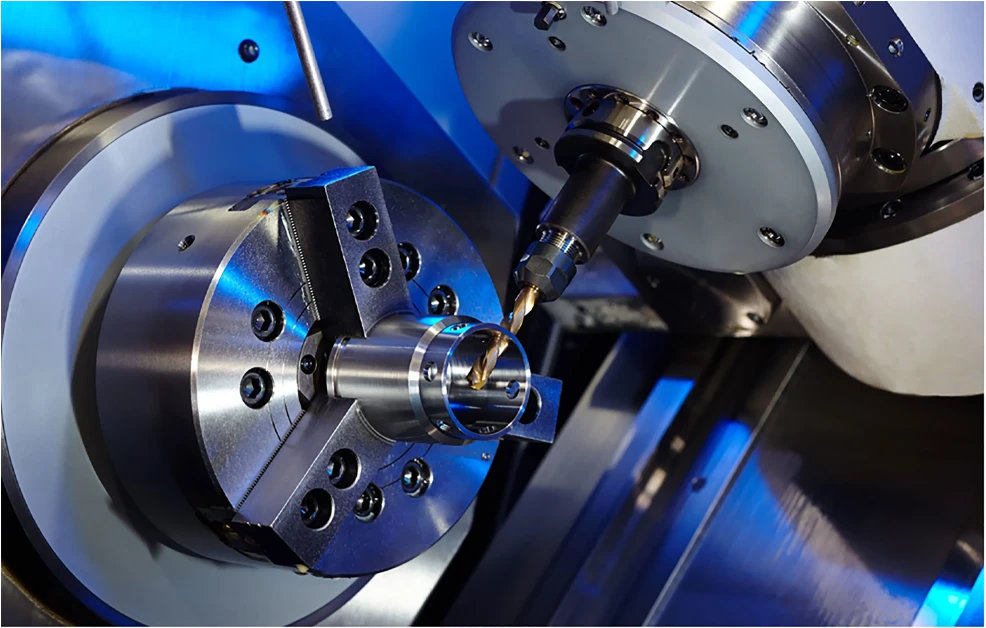Gears Wholesale and Reduction Gear Price
When considering gears wholesale, understanding reduction gear price, and learning about the different types of gears is essential for making informed purchasing decisions. Whether you're involved in the manufacturing of machinery, vehicles, or other equipment that relies on gears, knowing where to source high-quality gears and how to evaluate gear prices can significantly affect both your budget and operational efficiency.
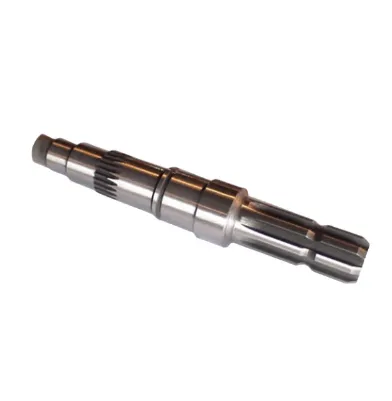
Why Choose Gears Wholesale
Purchasing gears wholesale offers numerous advantages, especially for businesses that require large quantities of gears for manufacturing or industrial purposes. Wholesale pricing typically allows for significant cost savings, which is essential for companies looking to optimize their supply chain costs while maintaining high-quality standards for their products.
A primary benefit of buying gears in bulk is the ability to establish a long-term relationship with trusted gears wholesale suppliers. This can lead to better deals, more reliable delivery schedules, and access to custom-made gears that meet specific operational needs. For example, wholesale gear providers often offer volume discounts, making it easier to scale production without overspending on components.
In addition to cost savings, gears wholesale suppliers tend to have access to a wider range of gear types and sizes, ensuring that businesses can find the right fit for their machinery. They also offer the flexibility of bulk orders, which is essential for companies that require constant gear replacements or for businesses that deal with large-scale production systems.
Understanding Reduction Gear Price
One of the key considerations when purchasing gears is reduction gear price. Reduction gears are vital components in machinery, used to reduce the speed of an engine or motor while increasing torque. These gears are critical in applications such as automotive transmissions, elevators, and conveyor systems. The price of reduction gears can vary depending on several factors, including material quality, design complexity, and the manufacturer's brand reputation.
To ensure you're getting the best reduction gear price, it's important to compare multiple suppliers. While the lowest price may seem attractive, quality should never be compromised. Low-cost reduction gears may lead to premature wear and tear, increased maintenance costs, and potential system failures. Therefore, it’s essential to balance cost with quality, ensuring the gears you purchase are durable, reliable, and fit your system’s needs.
What Are the Four Types of Gears?
Understanding what are the four types of gears is important for selecting the right gear for your application. The four primary types of gears are:
Spur Gears – These are the most common type of gears, used for simple, direct gear transmissions. They have straight teeth that are parallel to the gear axis.
Helical Gears – These gears have angled teeth, which makes them smoother and quieter compared to spur gears. They are commonly used in automotive and machinery applications.
Bevel Gears – Bevel gears are used to transmit power between two shafts that intersect at an angle. They are often used in differential drives and mechanical devices that need to change direction.
Worm Gears – These gears are used to transmit motion at a right angle, and they are known for their high reduction ratio. They are typically used in applications where space constraints and high torque are factors.
Each type of gear serves a specific function and selecting the right gear depends on the machinery’s design, the application’s requirements, and the reduction gear price you're willing to pay.
Gears Wholesale and Reduction Gear Price Together
When purchasing gears, understanding how gears wholesale and reduction gear price come together is essential for making cost-effective and reliable choices. A strong supplier relationship for gears wholesale allows you to access competitive prices for reduction gear systems, ensuring you can meet production goals without exceeding your budget.
Moreover, by carefully evaluating the reduction gear price alongside the wholesale options available, you can optimize your machinery’s efficiency. Whether you're looking for specific gear types, such as bevel or worm gears, or seeking the best pricing for bulk orders, understanding the overall pricing structure is key to making sound purchasing decisions that benefit your bottom line.
Gears Wholesale FAQs
What Are the Benefits of Gears Wholesale?
Purchasing gears wholesale offers significant cost savings, access to a wider variety of gears, and a long-term relationship with trusted suppliers. Wholesale purchases also help ensure timely delivery and consistency in the quality of gears across orders.
How Does Reduction Gear Price Vary?
Reduction gear price varies based on the material used, the complexity of the design, the manufacturer’s reputation, and the gear size. It's important to consider both price and quality, as cheaper gears may lead to higher long-term costs due to wear and maintenance needs.
What Are the Four Types of Gears?
The four main types of gears are spur gears, helical gears, bevel gears, and worm gears. Each type has its specific use based on the needs of the machinery or system, such as speed control, torque transmission, or direction change.
How Do I Choose the Right Gear for My Machinery?
Choosing the right gear involves considering the application, the gear’s function (whether it needs to reduce speed, increase torque, etc.), and factors like space constraints and noise levels. Consulting with gears wholesale suppliers can help narrow down the options based on your needs.
Is Buying Gears Wholesale Cost-Effective?
Yes, buying gears wholesale is generally more cost-effective, especially for businesses that require large quantities. Bulk purchases can offer volume discounts and lower per-unit costs, helping companies save on both gear prices and logistics.
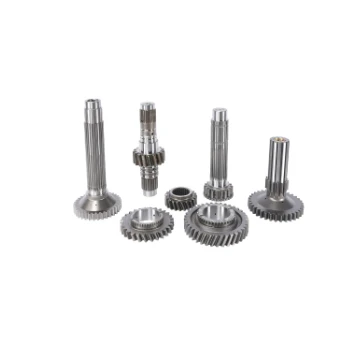
The agricultural and industrial machinery sector is experiencing remarkable growth, and at the heart of this expansion lies the trade and supply of tractors.
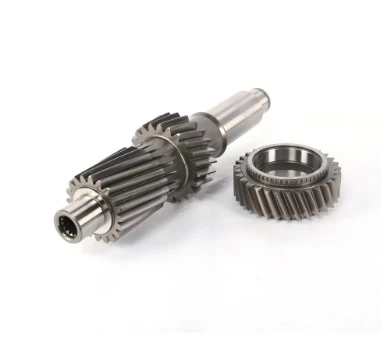
In the world of heavy - duty construction, the seamless operation of machinery is crucial for large - scale projects.
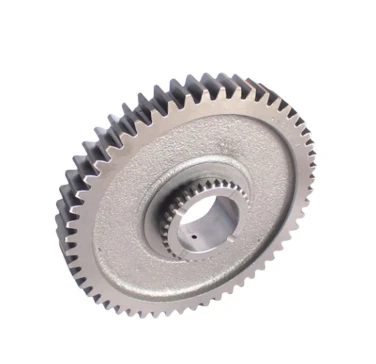
The world of tractors is vast and varied, catering to both practical agricultural needs and the passionate interests of collectors.
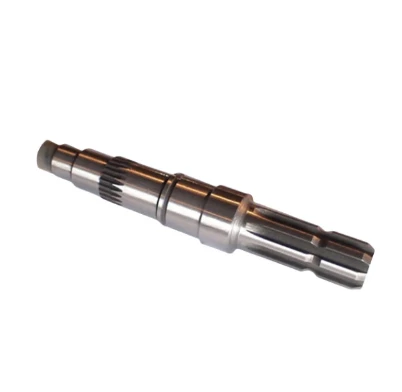
The agricultural and construction machinery landscape is constantly evolving, with tractors standing as essential workhorses for a variety of tasks.
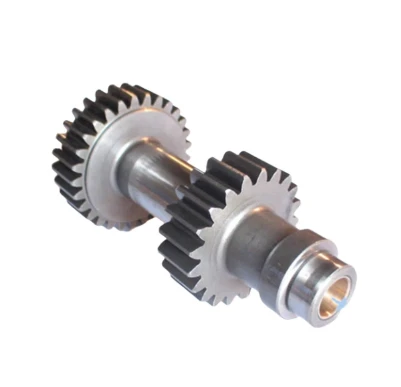
In the intricate world of mechanical engineering, gears are fundamental components that enable the seamless transfer and manipulation of power.
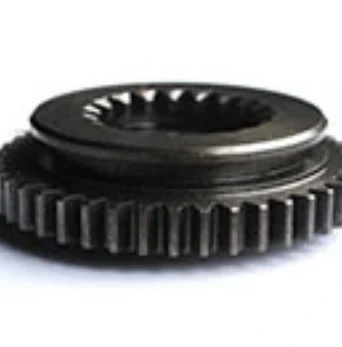
The market for tractors is a bustling hub, catering to a wide range of needs from large - scale farming operations to small - scale gardening projects.
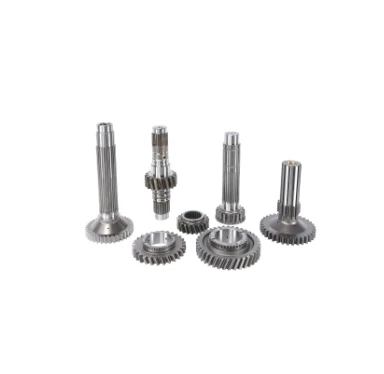
In the dynamic world of farming, machinery has become an essential part of efficient and productive operations.
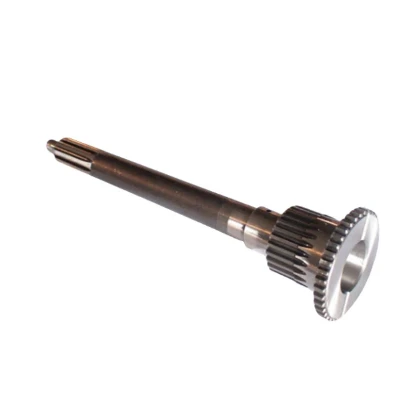
In the expansive realm of agriculture, various tools and machines play crucial roles in ensuring efficient crop production and overall farm management.
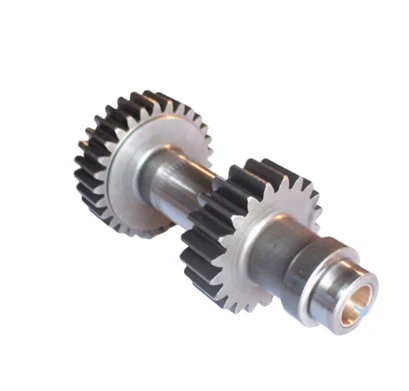
Tractors are essential workhorses in the agricultural and construction sectors, playing a pivotal role in a wide range of tasks.
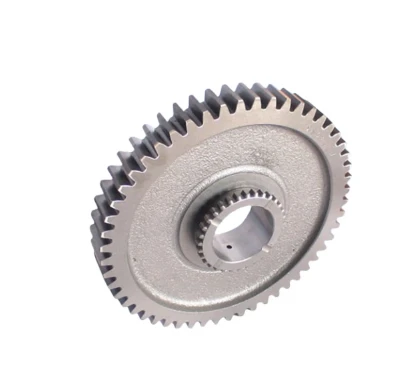
The agricultural and construction sectors rely heavily on tractors for their operations, and the entities involved in the production, distribution, and pricing of these machines shape the industry's trajectory.
International layout
Spread all over the world
our products are exported to various parts of the world. Currently, our products have been exported to more than 40 countries Our products cover Asia, Europe, Africa, South America, North America, and Oceania
Sign up
for Newsletter
Subscribe to the weekly newsletter for all the latest updates


